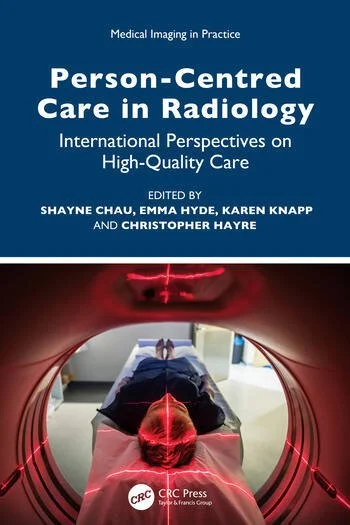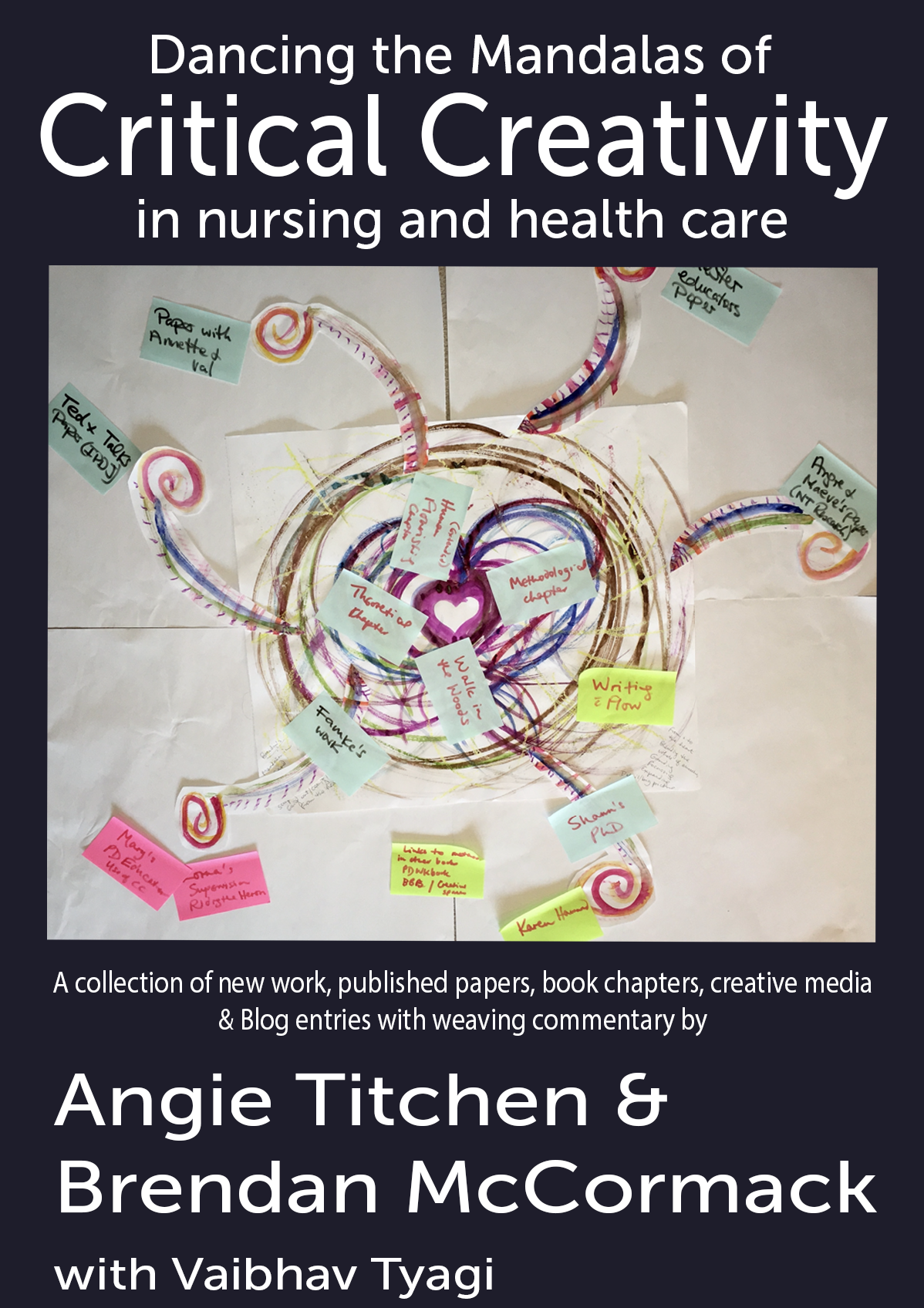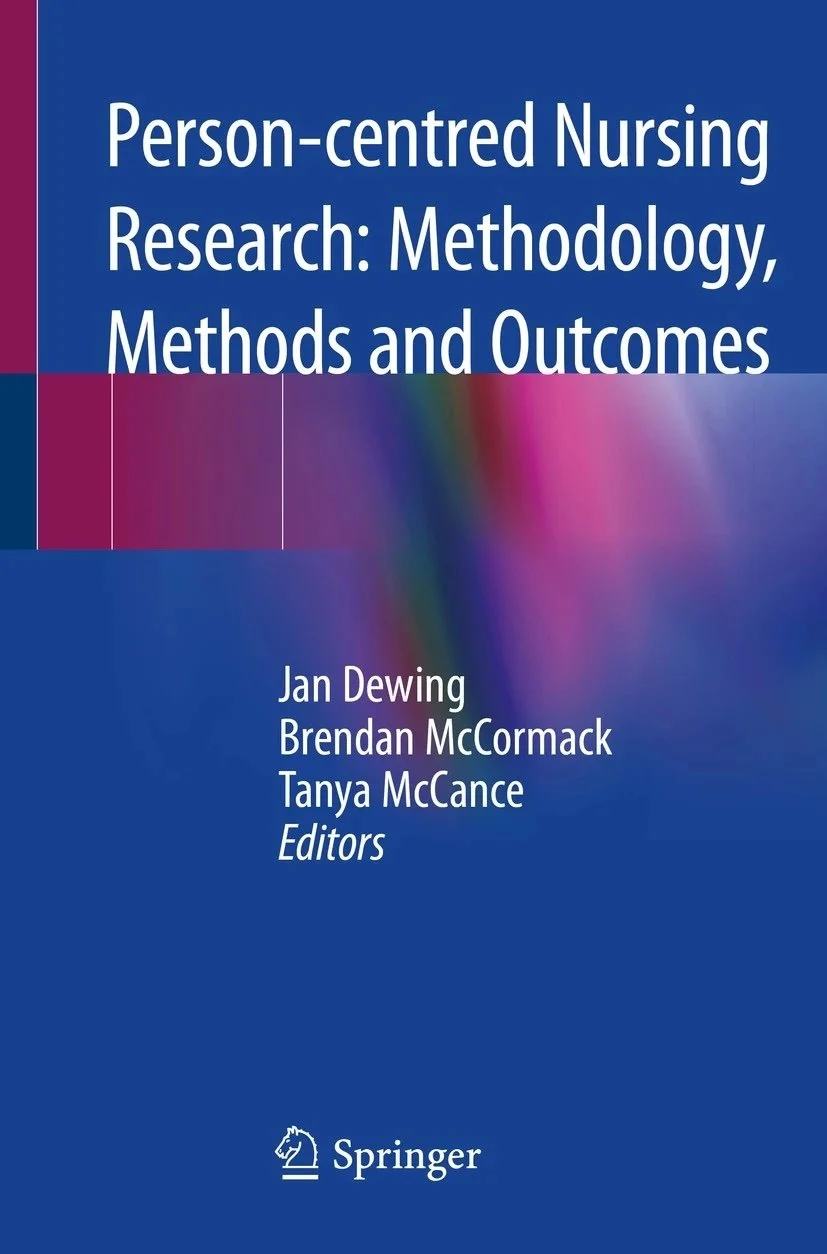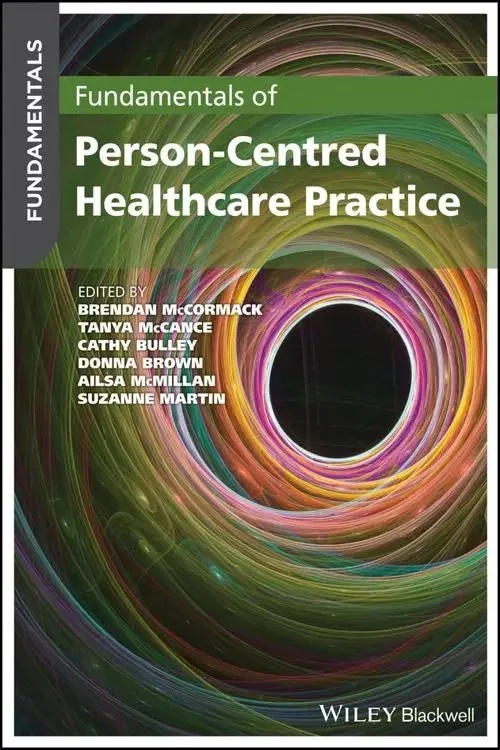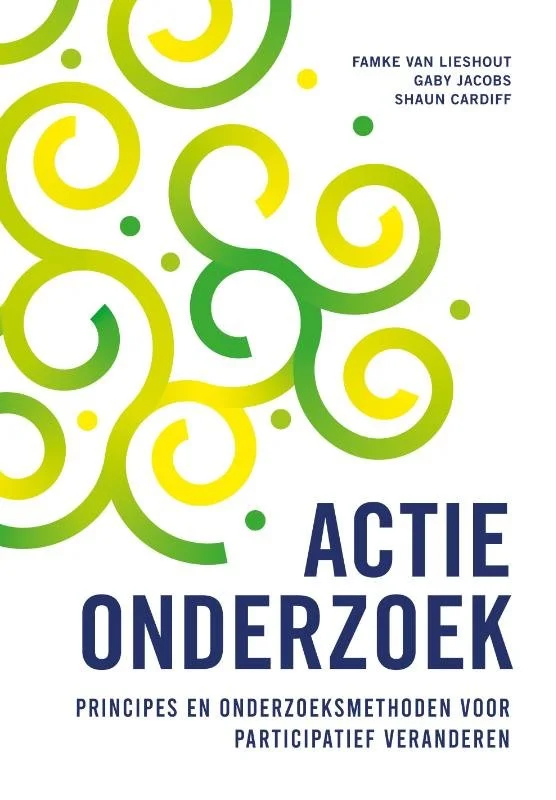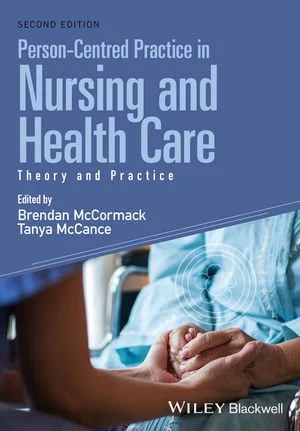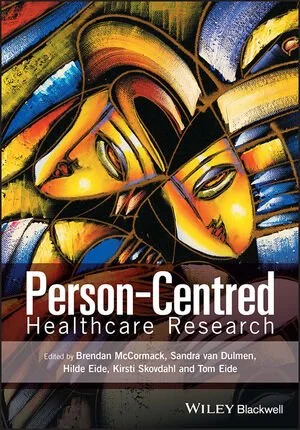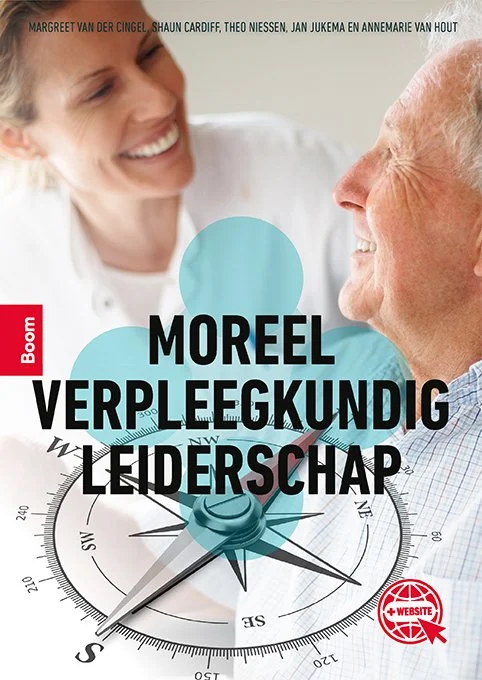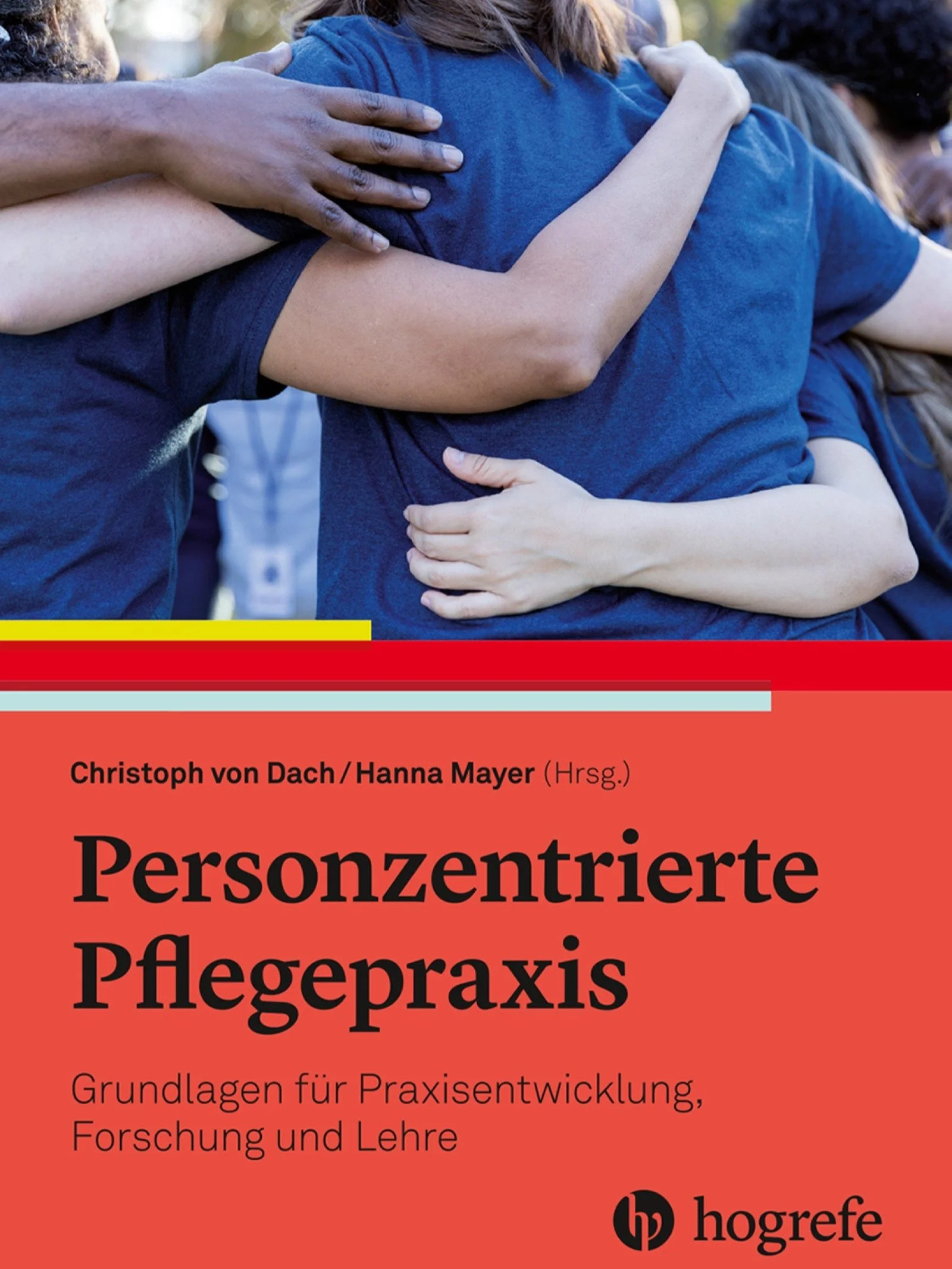Featured books by members
Professor Brendan McCormack says -
We are delighted to host the work of our Danish colleagues led by Professor Bibi Hølge-Hazelton at Zealand University Hospital showcasing their amazing work in developing a research and development culture with nursing leaders. In my foreword to their work I said “This book shows us how we can get beyond sterile and unproductive processes, by adopting a whole system approach to the integration of nursing research in a health system” and I genuinely mean that. The work that these nurse leaders have undertaken demonstrates the courage that is needed to exercise our ‘piracy’ and challenge the stupid rules that get in the way of effective practices. One could legitimately argue that nursing leaders are doing similar things all over the world – and of course that is correct. But what makes this body of work quite unique is the collaborative processes used that resulted in the nursing leaders forming a learning circle that enabled them to ‘write themselves into the work’. The result is an invaluable resource that inspires other leaders as well as showcasing practical strategies for effective action. Produced in several languages, we are delighted to host this work in the ICoP and help spread its potential globally. We are doing this because as Margaret Wheatley (2002) says:
“All change, even very large and powerful change, begins when a few people start talking with one another about something they care about”
Research and Development Culture – leaders with determination and courage
Person Centred Care in Medical Imaging: International Perspectives on High Quality Care
This book offers an international perspective, and discusses the different types of person-centred care needed for different imaging modalities. ICoP member Emma Hyde is a co-editor of this book.
The aim of this book is to illustrate, with practical examples, a new worldview or paradigmatic synthesis that we have called critical creativity. Designed to underpin transformational practice development and research within health and social care, this synthesis of criticality and creativity brings together critical social science, creative and ancient traditions, ecology, spirituality and human being. The ultimate purpose for such work is human flourishing for all involved; a concept that is much promoted in today’s health and social care as well as education.
Dancing the mandalas of critical creativity in nursing and healthcare
Person-centred Nursing Research: Methodology, Methods and Outcomes
The first international collection of doctoral level nursing research on person-centredness. Edited by internationally recognised experts on person-centred nursing and research. Offers the first textbook for the newly emerging courses on person-centred research in nursing.
Fundamentals of Person-Centred Healthcare Practice presents evidence-based perspectives on a broad range of approaches to person-centred practice in healthcare.Featuring contributions from internationally recognised experts in the field, this valuable textbook helps students and staff across healthcare disciplines understand the essential concepts of person-centred practice in various health-related contexts.
Fundamentals of Person-Centred Healthcare Practice
The landscape of care, welfare and education is constantly changing. As a professional, you must be able to work with this changing reality on a daily basis. How can you implement new policy, respond well to changing questions from citizens, and current (social) events? In a way that has an impact and affects multiple domains, such as science, professional practice, education and society? The answer can be found in new ways of (collaborative) working, learning and researching. Action research is an indispensable methodology. Action research starts from an issue that plays a role in practice and seeks an answer to it together with those involved.
Action research - Dutch
Person-centred Practice in Nursing and Health Care looks at the importance of person-centred practice (PCP) from a variety of practice, strategic, and policy angles, exploring how the principles of PCP underpin a variety of perspectives, including within leadership and in the curriculum. The book explores not only a range of methodologies, but also covers a variety of different healthcare settings and contexts, including working within mental health services, acute care, nursing homes, the community, and working with children and people with disabilities.
Person-Centred Practice in Nursing and Health Care: Theory and Practice
Person-Centred Healthcare Research provides an innovative and novel approach to exploring a range of research designs and methodological approaches aimed at investigating person-centred healthcare practice within and across healthcare disciplines.
With contributions from internationally renowned experts in the field, this engaging resource challenges existing research and development methodologies and their relevance to advancing person-centred knowledge generation, dissemination, translation, implementation and use. It also explores new developments in research methods and practices that open up new avenues for advancing the field of person-centred practice.
Person-Centred Healthcare Research
Moral nursing leadership - Dutch
'Moral nursing leadership' teaches students that by showing leadership they can influence patient care, developments in their profession or the team in which they work and healthcare. The ultimate goal of this is to improve expertise in favor of good patient care. It is emphasized that when acting on the basis of content expertise, a moral consideration is always made about what is good for a specific patient.
Person-centred nursing practice - German
The textbook in German language, published by Christoph von Dach and Hanna Mayer, is for nursing managers, educators, and clinical advance practice nurses practitioners in healthcare institutions. This book presents person-centered practice in its fundamental principles and illustrates their theoretical framework in a model-like manner. It describes pathways, principles, roles, and examples of a person-centered culture and the development of practice as well as explains the foundations and examples of person-centered development processes and their prerequisites for Clinical Leadership and a lean and person-centered work culture. Additionally, it also describes approaches and tools for evaluating and researching person-centered practice in acute and long-term care and demonstrates, with examples from German-speaking nursing practice, how the concept of person-centered care can be developed, researched, planned, and taught.


